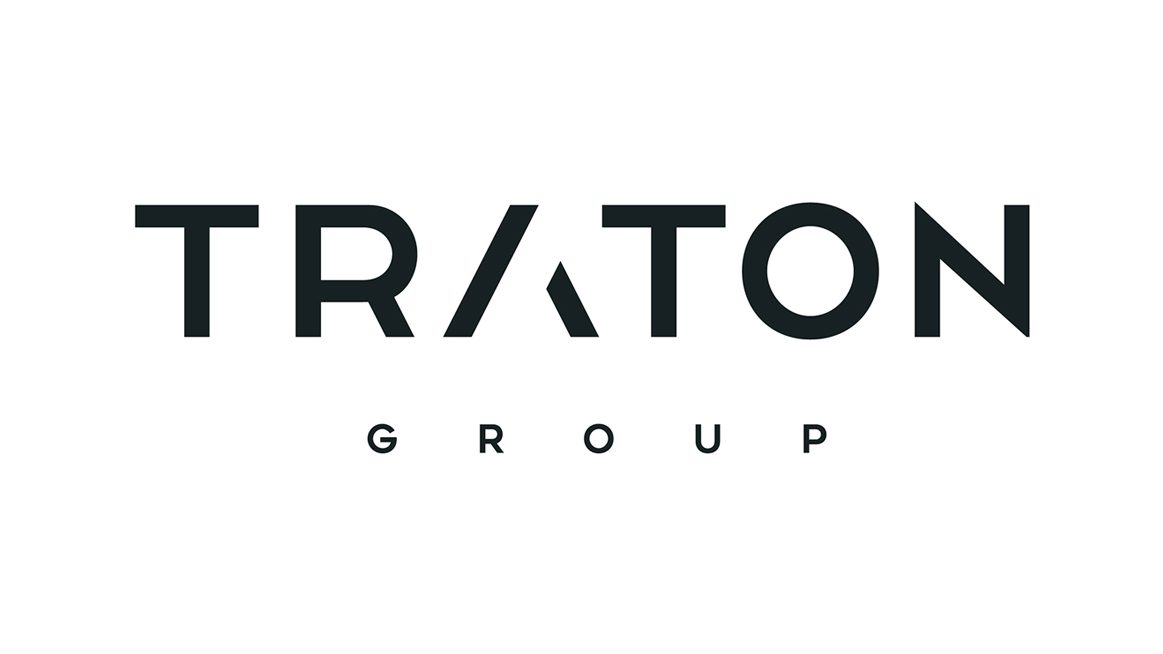TRATON GROUP plans R&D expenditures of more than €1 billion within the next five years
The TRATON GROUP is making strides with networked vehicles, logistics, and autonomous driving, and plans to spend more than €1 billion on research and development by the end of 2024. Towards this effort, the MAN, Scania, and Volkswagen Caminhões e Ônibus (VWCO) brands are developing common platforms to be more agile and to reduce costs.
“We want to move into the digital fast lane and are continuing to evolve from a hardware supplier to a provider of software and services,” said Andreas Renschler, TRATON CEO and member of the board of management of Volkswagen AG, at the recent TRATON Innovation Day.
This is also evident from the almost 2000 software engineers that already work for the brands today – making up nearly 30% of all engineers employed at TRATON GROUP.
The group is already working on a common platform for autonomous driving and has a number of vehicles being tested or in real use. TRATON will also be examining possibilities to fully leverage the vast knowledge within the VW Group and its partners.
“Autonomous driving is not coming,” said Christian Levin, TRATON board member responsible for R&D and chief operating officer. “It‘s already here! We have already delivered the first vehicles and many tests are underway.”
A real application of the new autonomous Scania concept vehicle ‘AXL‘, that does without a driver‘s cab, was showcased to a global audience at the Innovation Day. Since 2018, an autonomous Scania truck has been used in a Rio Tinto mine in Australia. Later this year Scania plans to put a bus in operation which will electrically and autonomously transport passengers for Nobina in the Stockholm metropolitan area. And in a few months, MAN kicks off large-scale practical testing together with the port of Hamburg where trucks will drive on the highway in some sections highly automated to the port. MAN is currently simulating the port environment and testing the vehicle at its plant site in Munich.
The number of networked vehicles of TRATON GROUP‘s customers is also growing rapidly. While at the end of 2018 there were around 450,000 vehicles networked, the number increased to some 600,000 in 2019. By the end of 2025 that number is expected to be more than a million vehicles. Since the beginning of 2019, nearly every new medium and heavy-duty truck delivered by Scania and MAN is connected in one way or another. From October VWCO will also equip its vehicles with the relevant group connectivity solution as a standard.
According to consultancy company Deloitte, the telematics market alone will expand from €2.3 billion in 2016 to nearly €10 billion in 2026. Currently, trucks in Europe – depending on the estimate – only operate on average at around 50% to 60% capacity utilisation. Intelligent digital solutions could help to considerably reduce the number of empty runs or vehicles that are underutilised – and thus also CO2 emissions. “Digitalisation can significantly contribute to climate protection,” says Renschler.
At the beginning of 2020, the group will roll out its new truck generation, which will replace the current and enormously successful product line, millions of which have been sold in countless variants since its introduction in 2000. MAN‘s new flagship is designed to sets standards in terms of user-friendliness as well as connectivity – not only today‘s requirements for digitalisation, automation, and drive systems concepts, but also tomorrow‘s.
“This new truck generation has been developed based on concrete requirements of our customers in order to make their work and the work of the drivers easier, more efficient, and more comfortable. It is not just a new truck, but rather an integrated transport solution. The vehicle will impress both transport companies and the drivers,” said Joachim Drees, MAN CEO and member of the TRATON executive board.

Read more
Confidence in coal
0 Comments5 Minutes
Energy is everything
0 Comments7 Minutes
Moving to mobile
0 Comments6 Minutes





